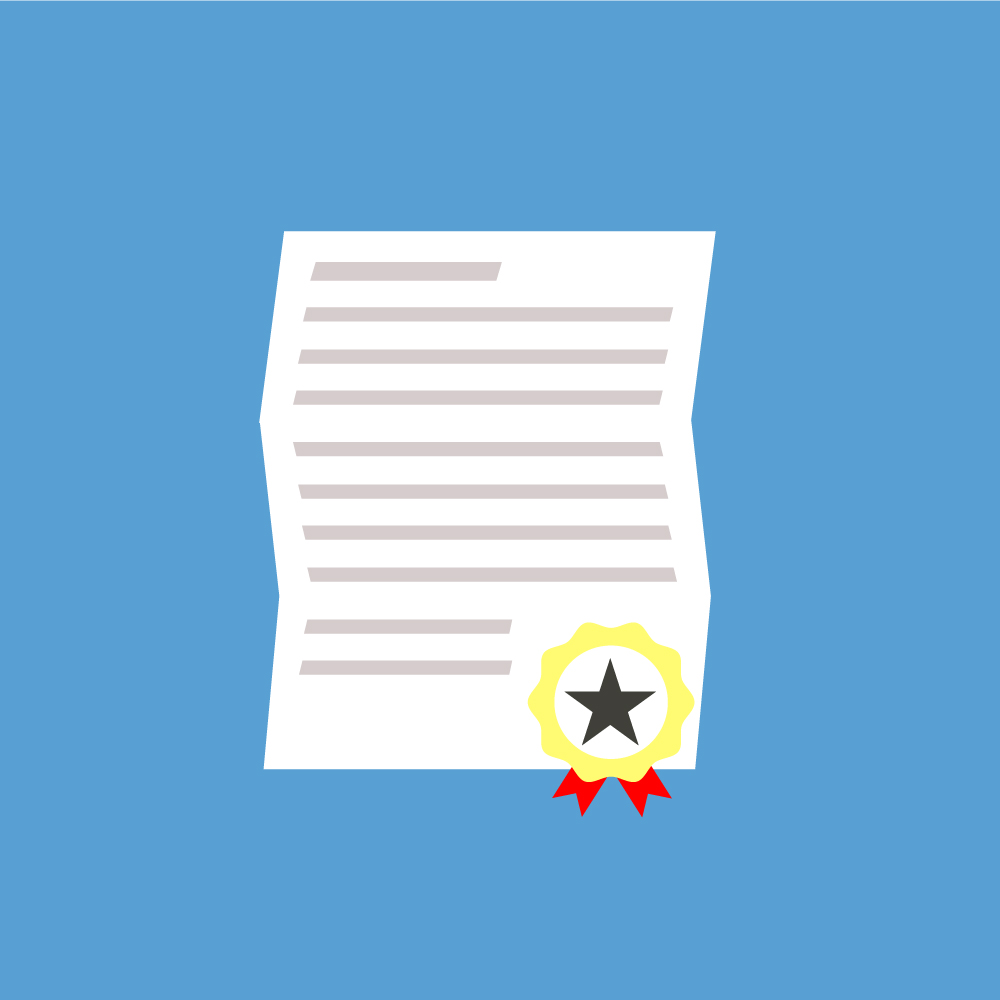
Performance reviews and discussions around compensation are part of working in house. You can’t just unilaterally change your hourly rate. If you want to get ahead, you need to be able to have uncomfortable conversations and demonstrate your value. But if you’re anything like me, remembering what you did last week, let alone last year, can be a real challenge. Enter the “brag doc.”
A “brag doc” is basically a private journal you keep of all your work accomplishments, including not just major projects you’ve worked on but also things you’ve learned, challenges you’ve overcome and bridges you’ve built. Then, when it comes time to sit down with your manager or draft up a justification for a raise, you have a trove of recorded information to help you put yourself in the best possible light. I personally keep my “brag docs” private, but you might also keep separate ones that you share with colleagues, a mentor or your manager.
You should dedicate time to periodically update your “brag docs.” How often depends on how much you want to record and how good your memory is. I find setting aside an hour or two every month is enough for me, but your mileage may vary. When the time comes, review the list of base work you worked on that period. Review your calendar for meetings you may have forgotten about. Go through your “Sent” box and review your Slack/Teams channels to see what types of conversations you were having. Then decide what to record:
- If you don’t already have a tracker that records all the base editing work you’re doing, then maybe a straight list of each individual project will be useful. In my case, we have extensive tracking, so I’m more selective about what base work I include. Not all projects are created equal. Some have outsized impact or pose unique challenges. Those I include.
- Did you do anything in your normal editing work that was particularly helpful or effective? Maybe you helped an author restructure their document? Or you caught a particularly embarrassing error or problem?
- Definitely record projects that fall outside of your base job description. Maybe you advised on an important IT project or are part of some internal committee? Did you help someone “on the side of the desk” with important work?
- Did you overcome any particular challenges? How? What were the results?
- Capture what you learned. Did you take any courses or webinars? Read any illuminating books? Have a personal epiphany during an editing project? Did you change something as a result of something you learned?
- Don’t forget relationships. Are you a mentor? Did you have a breakthrough with a challenging author? Did you do something concrete to strengthen an existing relationship or forge a new one?
“Brag docs” aren’t just for in-house editors or even just for work-related accomplishments. Even if you don’t have to justify yourself to a boss, keeping a journal of positive achievements is good for your immediate mental health and can have unexpected uses down the road. You’re worth it!
Do you already maintain some sort of “brag doc”? If not, do you think you might start one? Tell us more below.
___
Previous post from Aaron Dalton: What is Plain Language? Part 5: The Nitty-gritty
The Editors’ Weekly is the official blog of Editors Canada. Contact us.
Discover more from L'HEBDOMADAIRE DES RÉVISEURS
Subscribe to get the latest posts sent to your email.
